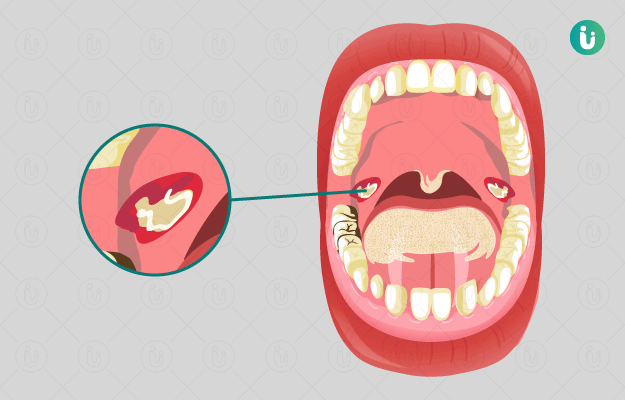What is diphtheria?
Diphtheria refers to an infectious bacterial disease, which is caused by the bacteria Corynebacterium diphtheria. Diphtheria usually affects children between 1-5 years of age and is more common during winter. This infection leads to the formation of a thick covering in the back of the throat making it very hard to eat or swallow. While the bacterium most commonly affects the nose and the throat, in some cases, it may infect the skin as well.
What are its main signs and symptoms?
The symptoms usually begin within 1 to 7 days after the bacterial infection. The common symptoms noticed in diphtheria are:
- Fever
- Chills
- Persistent cough
- Drooling
- Soreness in the throat
- Difficulty in swallowing
- Bloody or watery drainage from the nose
- Skin lesions
What are the main causes?
While the disease itself is caused by bacteria, it spreads through respiratory droplets when the infected person coughs or sneezes. Since the bacterium enters through the respiratory tract, it most commonly produces its symptoms in the throat or the nose.
The transmission of the bacterium may also occur through skin lesions or fomites (articles soiled with the bacteria due to use by the infected person).
How is it diagnosed and treated?
Diphtheria may be diagnosed initially by a physical examination, which helps the doctor to see the back or grey coating of dead tissue in the throat region. Other tests may follow:
- Sample analysis using a throat swab
- Serological tests and blood tests like complete blood count, antibodies to diphtheria, diphtheria antigen, etc.
It is essential to make a timely diagnosis of this disease, as early treatment is crucial in order to ensure survival.
The treatment for diphtheria involves the use of anti-toxins to prevent the toxins produced by the bacteria to cause any further damage.
Antibiotics are used to kill the disease-causing bacteria.
Along with these medications, other measures should also be taken to reduce discomfort. These include:
- Fluids by IV (intravenous)
- Getting bed rest
- Using a breathing tube
- Clearing out the airway blockages
Individuals infected with diphtheria are usually kept in isolation until the doctor is sure that the person is no longer contagious.

 Doctors for Diphtheria
Doctors for Diphtheria  OTC Medicines for Diphtheria
OTC Medicines for Diphtheria
 Diphtheria articles
Diphtheria articles

 Homeopathic Treatment of Diphtheria
Homeopathic Treatment of Diphtheria






 Dr. Rachita Narsaria
Dr. Rachita Narsaria











